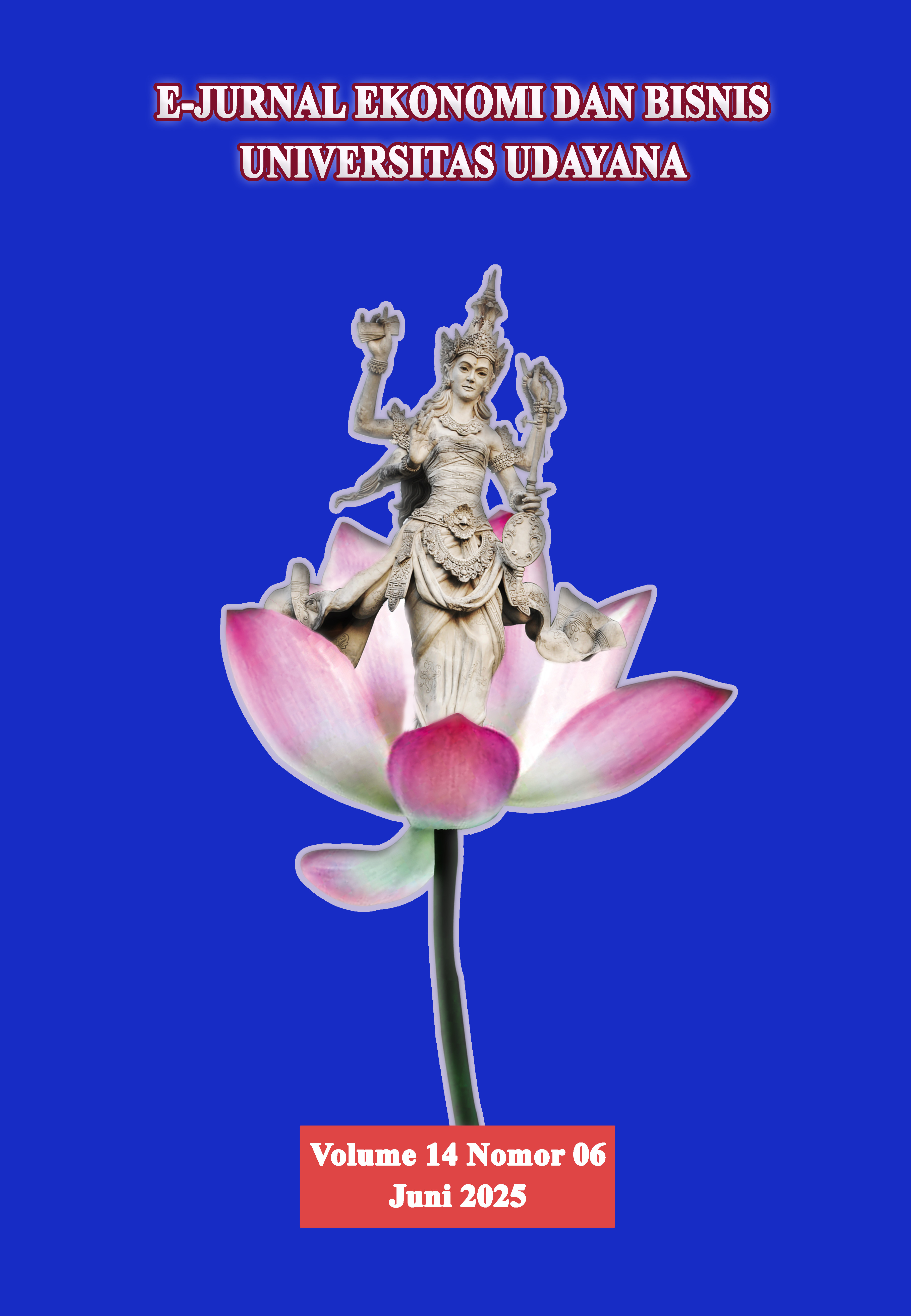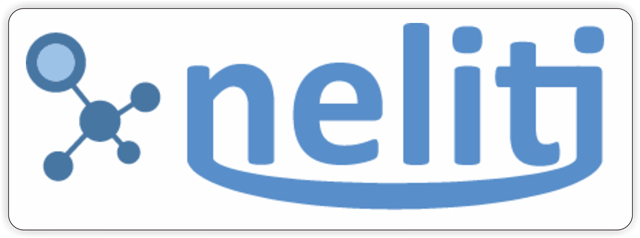KETERKAITAN STRES KERJA DAN EMPLOYEE ENGAGEMENT DENGAN KEPUTUSAN RETENSI KARYAWAN
Abstract
Retensi karyawan adalah salah satu tantangan paling signifikan yang dihadapi perusahaan di berbagai sektor industri. Stres kerja dan keterlibatan karyawan memengaruhi keputusan karyawan untuk tetap tinggal atau mengundurkan diri. Studi ini meneliti efek stres kerja dan keterlibatan karyawan pada keputusan retensi. Dengan menggunakan analisis regresi logistik biner, penelitian ini berupaya memahami hubungan antara variabel variabel ini dan memberikan wawasan tentang mengelola stres kerja dan meningkatkan keterlibatan karyawan untuk memperkuat retensi karyawan. Studi ini mengungkapkan bahwa stres kerja memiliki dampak yang signifikan pada keputusan retensi. Indikator stres kerja, seperti beban kerja yang berlebihan, konflik peran, ambiguitas peran, tekanan waktu, dan kepuasan kerja, memainkan peran penting dalam meningkatkan tingkat stres karyawan, yang pada akhirnya mengarah pada niat yang lebih tinggi untuk mengundurkan diri. Di sisi lain, keterlibatan karyawan, yang mencakup semangat, dedikasi, dan penyerapan, secara positif memengaruhi keputusan retensi. Mengelola stres adalah kunci untuk mengatasi masalah ini. Penerapan strategi manajemen stres diharapkan dapat membantu perusahaan mengurangi tingkat stres kerja dan meningkatkan kesejahteraan karyawan.


















